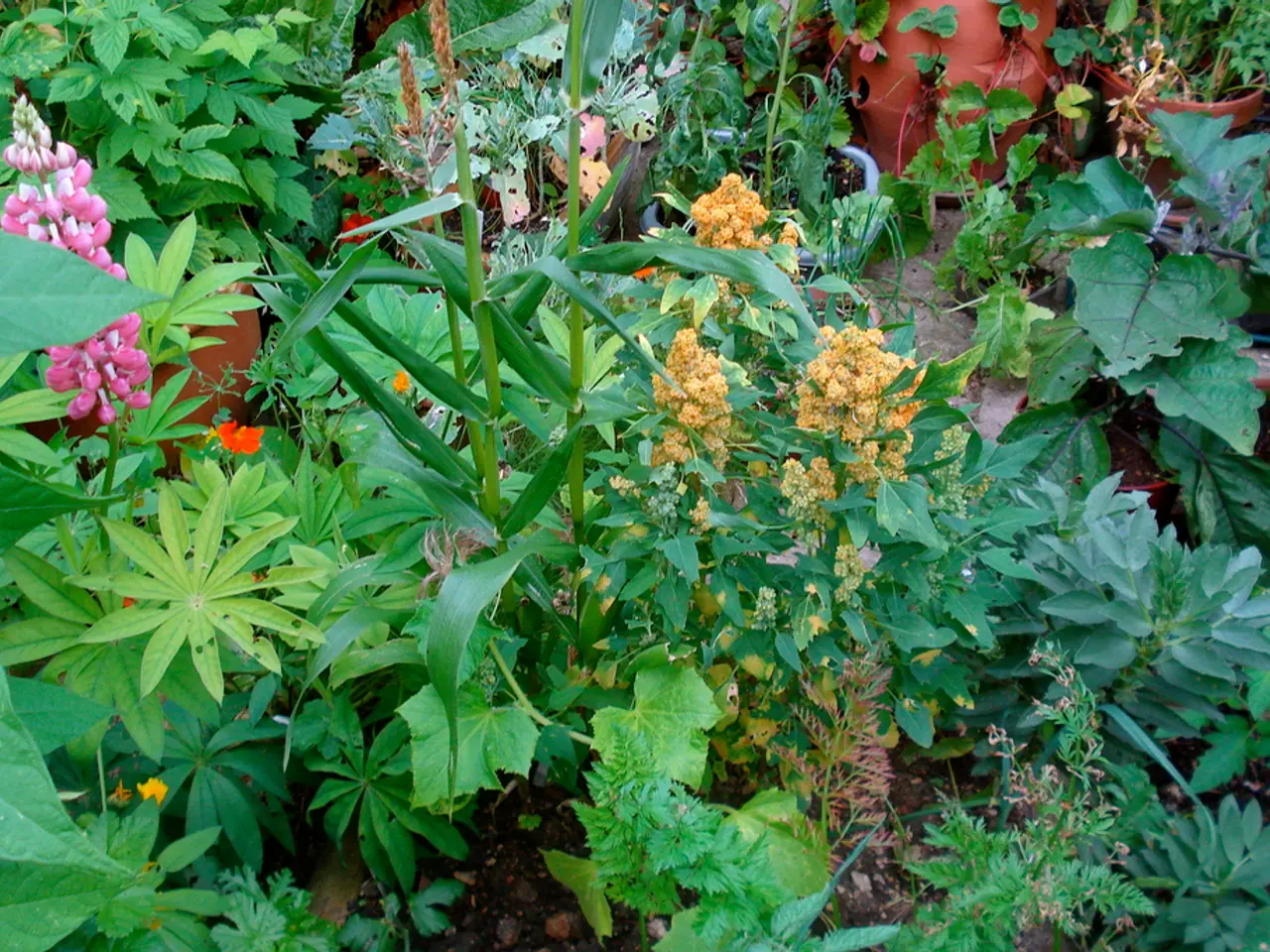New Initiative Introduced for Rapid Advancement of Agricultural Enhancement Strategies
A new chapter in plant genetic engineering is unfolding, with far-reaching implications for global agriculture, industry, and sustainability. Researchers at Cranfield University are spearheading this innovation, aiming to revolutionize agricultural biotechnology by directly modifying tomato pollen and seeds, bypassing conventional tissue culture techniques.
The project, generously supported by nearly half a million pounds in funding from the Advanced Research + Invention Agency (ARIA), specifically under their Programmable Plants initiative, is being led by Dr. Sian Crosbie and Dr. Sofia Kourmpetli, Senior Lecturer in Plant Sciences at Cranfield University.
The researchers are implementing biochemical and physical treatments to boost seed metabolic activity, increasing the efficiency of genetic modification. The methodology also opens possibilities for the production of high-value biopharmaceutical compounds and biomaterials within plants.
To validate and track transformation efficiency, two 'reporter' genes are employed, serving as indicators of successful gene transfer. The researchers are also working on refining the magnetic nanoparticle delivery system and seed treatment regimes for maximal efficiency across different cultivars and potentially other crop species.
Successful deployment of these techniques could herald a new era in plant breeding, enabling the introduction of multiple trait modifications in a single step. The project will run over an 18-month period and will leverage multidisciplinary expertise and state-of-the-art facilities at Cranfield's Centre for Soil, Agrifood and Biosciences.
The broader scientific community and agricultural stakeholders will watch closely as this innovation unfolds. ARIA's aim is to leverage plant science to tackle critical global issues including food shortages, climate mitigation, and ecosystem restoration through transformative biotechnology.
The implications of this research are profound for a wide array of crops, especially those recalcitrant to tissue culture-induced regeneration. This research promises to transform how we perceive and conduct genetic engineering in plants, offering a scalable alternative to tissue culture.
As the research progresses, it is expected that the timeline for crop improvement will be dramatically reduced, potentially compressing developmental cycles and introducing beneficial traits swiftly. This breakthrough could be a significant step towards ensuring food security, promoting sustainability, and driving innovation in the agricultural sector.








